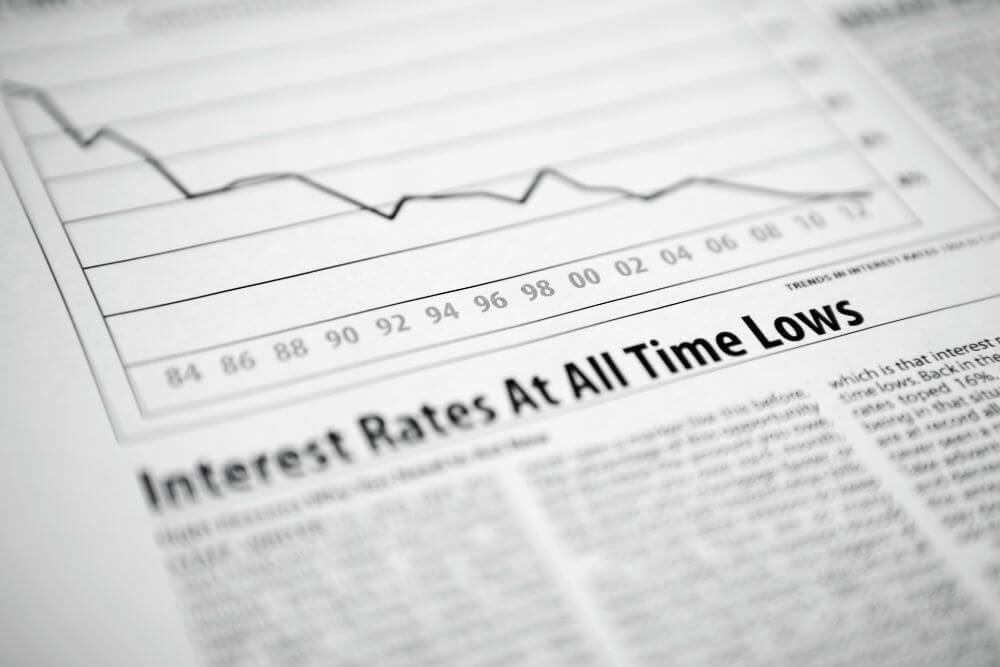How the Bank of Canada influences mortgage rates
A macro perspective on the relationship between interest and mortgage rates
Advertisement
A macro perspective on the relationship between interest and mortgage rates
 They said it. The dreaded R-word. And over the course of the last week, Canadian economists have not only used the dreaded recession word to describe our nation’s current economic climate, they’ve also predicted another interest rate cut in today’s Bank of Canada announcement. Yep. Apparently mortgage rates can go lower. (Mr. Turner: Your analysis is impeccable…but the current interest rate environment continues to confound even the sharpest tools in this shed.)
Still, the big question is what this rate cut means for home buyers, sellers and Canada’s housing market?
To help you grapple with this, I’ve put together a primer on how interest rate movements impact the real estate market. Keep in mind that we don’t borrow from the Bank of Canada directly…banks do. That means you probably won’t see an immediate impact to your mortgage payments and mortgage rates. But it’s coming. Here’s what you need to know.
They said it. The dreaded R-word. And over the course of the last week, Canadian economists have not only used the dreaded recession word to describe our nation’s current economic climate, they’ve also predicted another interest rate cut in today’s Bank of Canada announcement. Yep. Apparently mortgage rates can go lower. (Mr. Turner: Your analysis is impeccable…but the current interest rate environment continues to confound even the sharpest tools in this shed.)
Still, the big question is what this rate cut means for home buyers, sellers and Canada’s housing market?
To help you grapple with this, I’ve put together a primer on how interest rate movements impact the real estate market. Keep in mind that we don’t borrow from the Bank of Canada directly…banks do. That means you probably won’t see an immediate impact to your mortgage payments and mortgage rates. But it’s coming. Here’s what you need to know.
Share this article Share on Facebook Share on Twitter Share on Linkedin Share on Reddit Share on Email